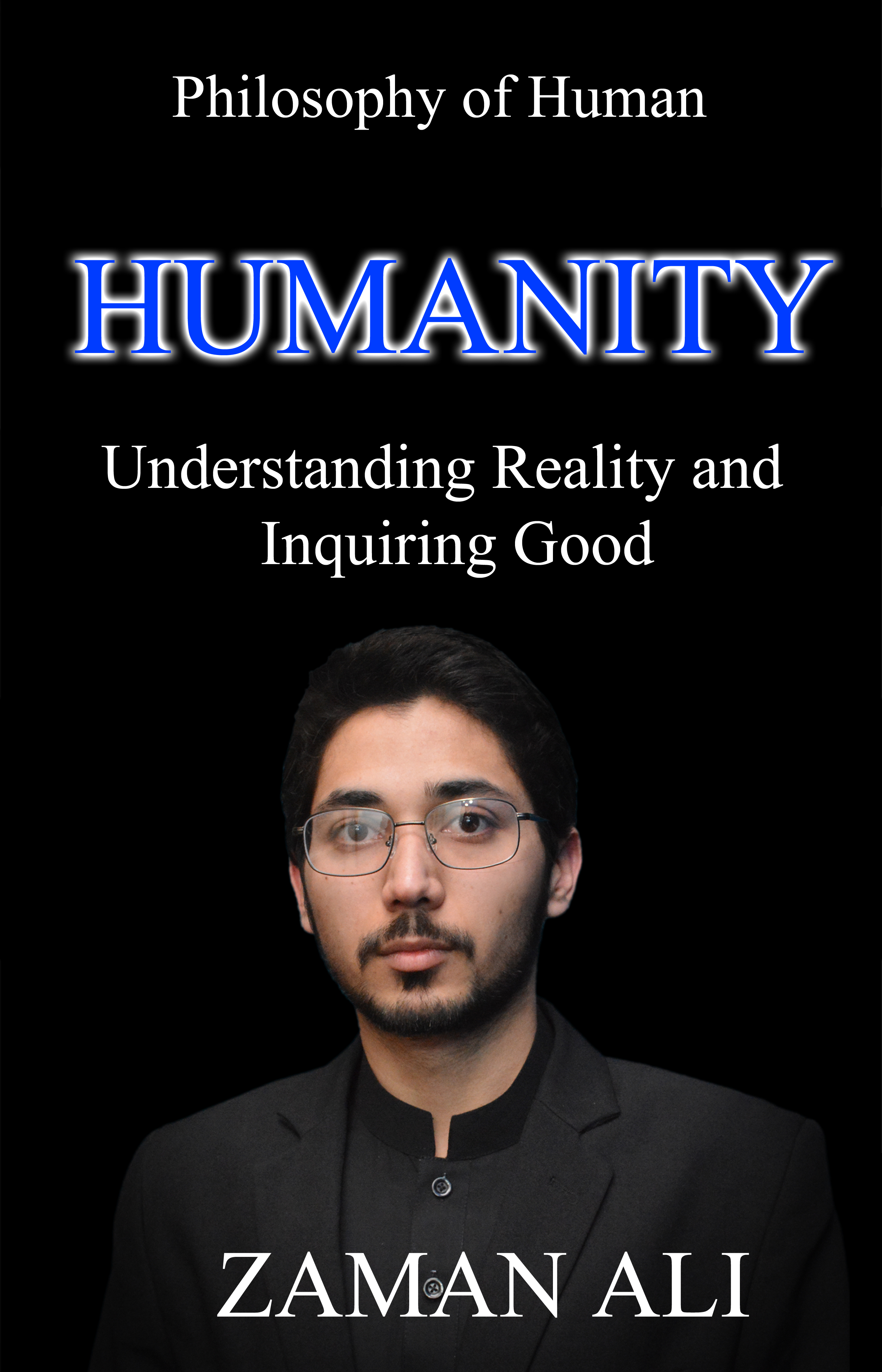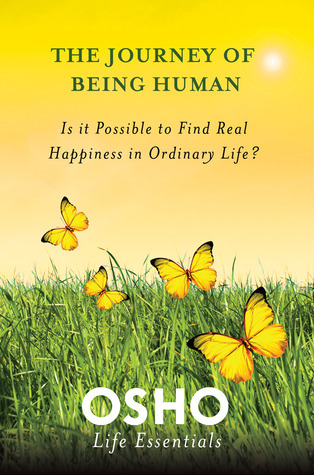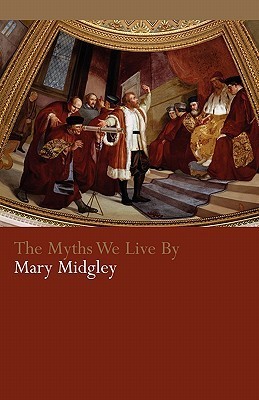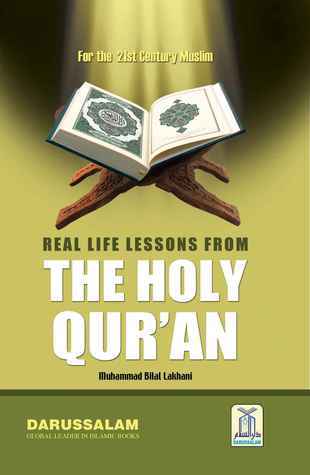
HUMANITY Understanding Reality and Inquiring Good
Book Description
What if the key to understanding our existence lies in the delicate balance between reality and morality? In "HUMANITY: Understanding Reality and Inquiring Good," Zaman Ali weaves a thought-provoking exploration of human nature, ethics, and the profound questions that shape our world. Each chapter unfolds like a gripping narrative, compelling readers to confront their beliefs and navigate the murky waters of truth and righteousness. With revelations that challenge conventional wisdom, this book is a call to action for anyone yearning to grasp the essence of humanity. Are we ready to delve into the depths of our own conscience?
Quick Book Summary
"HUMANITY: Understanding Reality and Inquiring Good" by Zaman Ali is an exploration of the foundational questions concerning human existence. Blending philosophy, ethics, and spirituality, the book seeks to unravel the nature of reality and what it means to live a good life. Ali encourages readers to critically examine their beliefs, offering thought-provoking perspectives on truth, morality, and the role of individual conscience in shaping our world. He argues that true understanding requires confronting uncomfortable truths and balancing objective reality with an earnest pursuit of moral good. This book is both a reflective journey and a call to action, urging readers to reconsider the essence of humanity and their own responsibility in nurturing a more just and compassionate society.
Summary of Key Ideas
Table of Contents
Interplay between Reality and Morality
At the core of Ali’s book is the nuanced relationship between reality as it objectively exists and the subjective pursuit of moral good. He posits that understanding our existence depends on recognizing this delicate balance—how facts and values, perception and ethics, intermingle. Through a philosophical lens, Ali challenges the reader to examine the interplay between what is and what ought to be, suggesting that neither domain alone can suffice for true wisdom or fulfillment.
Nature and Limits of Human Understanding
The journey toward understanding is marked by the limitations and potential of human cognition. Ali explores how our perceptions are often clouded by bias or inadequate information, which shapes our concept of reality. He contends that honest inquiry and skepticism are essential tools. By acknowledging these limits, readers are encouraged to cultivate intellectual humility, recognize their own ignorance, and strive for deeper clarity about themselves and the world around them.
Ethics as the Foundation for a Meaningful Life
A central theme is the ethical dimension of human life. Ali proposes that the pursuit of good is not a static goal but a dynamic process requiring continual examination. He suggests that principles such as compassion, justice, and empathy form the groundwork for what it means to live morally. Importantly, these principles must be actively practiced, not just accepted as abstract ideals, for an individual or society to flourish.
Questioning Traditional Beliefs and Wisdom
Ali calls into question many conventional beliefs—whether religious, cultural, or philosophical—encouraging readers to break free from dogmas and inherited wisdom that may limit personal growth. He urges a spirit of critical reevaluation, where truth and virtue are arrived at through reasoned examination rather than blind adherence. Through this process, both personal and collective progress become possible, fostering a culture of open-mindedness and innovation.
Personal Responsibility in Pursuing Good
Ultimately, Ali underscores the vital role of individual responsibility in the quest for good. We are each called to engage actively with issues of justice and to effect positive change within our spheres of influence. The book concludes by emphasizing that the meaning of humanity is found not merely in understanding reality, but in embodying the good—each person, through thoughtful action, can contribute to a more humane world.
Download This Summary
Get a free PDF of this summary instantly — no email required.





